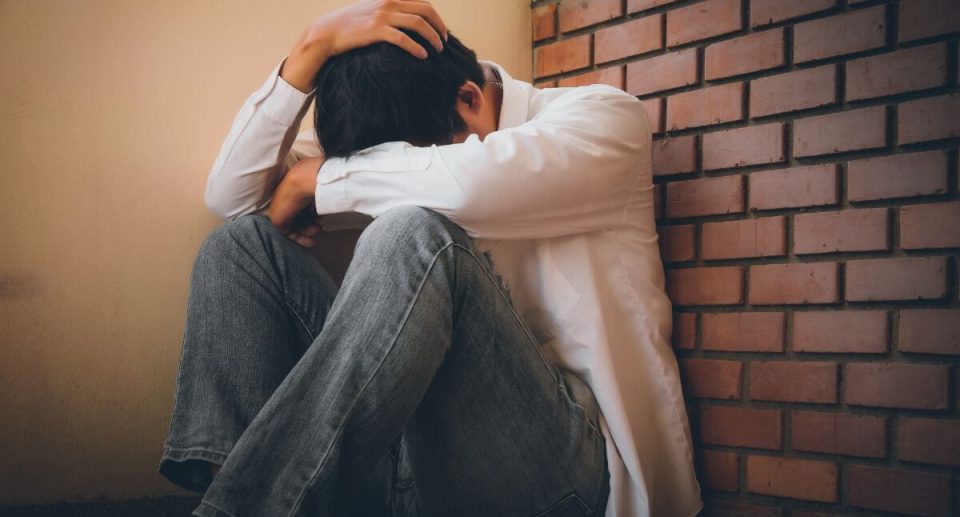5 Effective Ways to Overcome Depression Naturally

Depression is one of the most common mental health conditions that affects millions of people around the world.
Often described as an intense and persistent feeling of sadness, depression has far-reaching effects on all aspects of life, from energy levels and sleep to interpersonal connections and the motivation to get through the day.
While depression therapy and medications are effective treatments, there are also some natural ways to cope with this condition and foster improvements in mental health.
The purpose of this article is to review effective options to naturally address depression, improve mood, and restore balance without reliance on medications.
Key Takeaways
- Healthy activities and lifestyle changes can have a profound effect on your mood and emotional health in the short- and long-term.
- Getting quality sleep, regular physical activity, and a healthy diet can significantly improve mental health and reduce depression.
- Depression therapy is effective in improving mood and coping with depression symptoms.
- Managing depression naturally does not mean you should avoid medications as they may be necessary to effectively manage the condition, especially in severe cases.
Ways to Overcome Depression Naturally
Below are five natural strategies that may help alleviate symptoms of depression and support your mental well-being:
1. Exercise & Physical Activity
Aim for a brisk walk of 15-30 minutes every day. Apart from that, you can dance, try a sport, stretch, or complete a yoga routine.
“Exercise can prevent mild depression from becoming more severe,” says Dr. Darshan Mehta, medical director at Harvard’s Benson-Henry Institute.
Even if you don’t feel like being active, taking the first step, even a small one, can help improve your mood. Engaging in any kind of activity can help boost your mood.
If exercise feels like a daunting task, set smaller goals for yourself like simply getting up and making your bed.
2. Use Creativity to Express Yourself
Tapping into your creativity can be a healthy outlet for negative emotions. Feeling depressed? Try these creative ways to channel your feelings and find some relief:
- Painting, drawing, or doodling.
- Make a meal, or bake something.
- Write a story, dance, or play music.
- Talk with a friend or play with a pet.
- Find something that makes you laugh like a comedy.
Engaging your mind with creative activities can help shift focus away from sadness, self-loathing, and other difficult emotions.
3. Stay Connected and Reach Out for Support
Getting help is essential for getting through depression. On your own, it can be challenging to maintain a healthy perspective and sustain the effort to beat depression.
When you are feeling depressed, the natural inclination is to withdraw and isolate from others, which makes it hard to even reach out to family or close friends.
Reaching out for help does not make you a burden to others. Your family and friends care about you; they want to help you. A simple phone call to a loved one when you’re feeling down can make a big difference.
Further reading: Sepanx: Causes, Symptoms & Support for Separation Anxiety
4. Focus On a Healthy Diet
What you eat affects how you feel. Eating a balanced diet rich in fruits and vegetables, and limiting mood-disrupting foods should be a priority.
Foods to reduce include caffeine, alcohol, processed foods, and those with chemical preservatives and hormones, like packaged foods and cured meats.
5. Get Quality Sleep
Mood and sleep are interconnected. Without sleep, depression symptoms can worsen, and good sleep helps regulate our emotions and also improves mental resilience.
During sleep, the brain processes emotions, restores energy, and balances hormones, including two hormones linked to emotions, serotonin and cortisol.
These processes help influence mood and manage stress. Consistent quality sleep reduces irritability, concentration, and promotes emotional stability, helping manage depression effectively.
When to Consult a Therapist for Depression?
If lifestyle changes have failed to provide relief from your symptoms, speak to a professional such as a depression therapist or counselor for support. They can use techniques like Cognitive Behavioral Therapy (CBT) to help you manage and treat your symptoms effectively.
Remember, asking for help isn’t a sign of weakness and is one of the best decisions you can make for your mental wellbeing.
The negative thoughts that accompany depression often make you feel hopeless, but depression is treatable, and you can feel better.
Conclusion
Managing depression naturally takes time and commitment. Lifestyle changes such as getting quality sleep, eating well, being active, and staying socially connected can contribute to improved mood and well-being over time.
While these strategies can be invaluable, don’t be afraid to reach out for professional help from a therapist, counselor, or psychologist in Dubai through Counsel Clinic when required.
Frequently Asked Questions (FAQs)
Yes, many people find relief through natural ways, including lifestyle changes, therapy, and support systems. However, in cases of severe depression, medications may be necessary as part of your treatment plan in addition to lifestyle changes. A psychiatrist can assess mental health conditions such as depression and prescribe medication if needed.
Timing varies with the person and the method. But many natural remedies, especially those that are consistent with exercise habits, sleep, and mindfulness practice, commonly show improvements within a few weeks.


